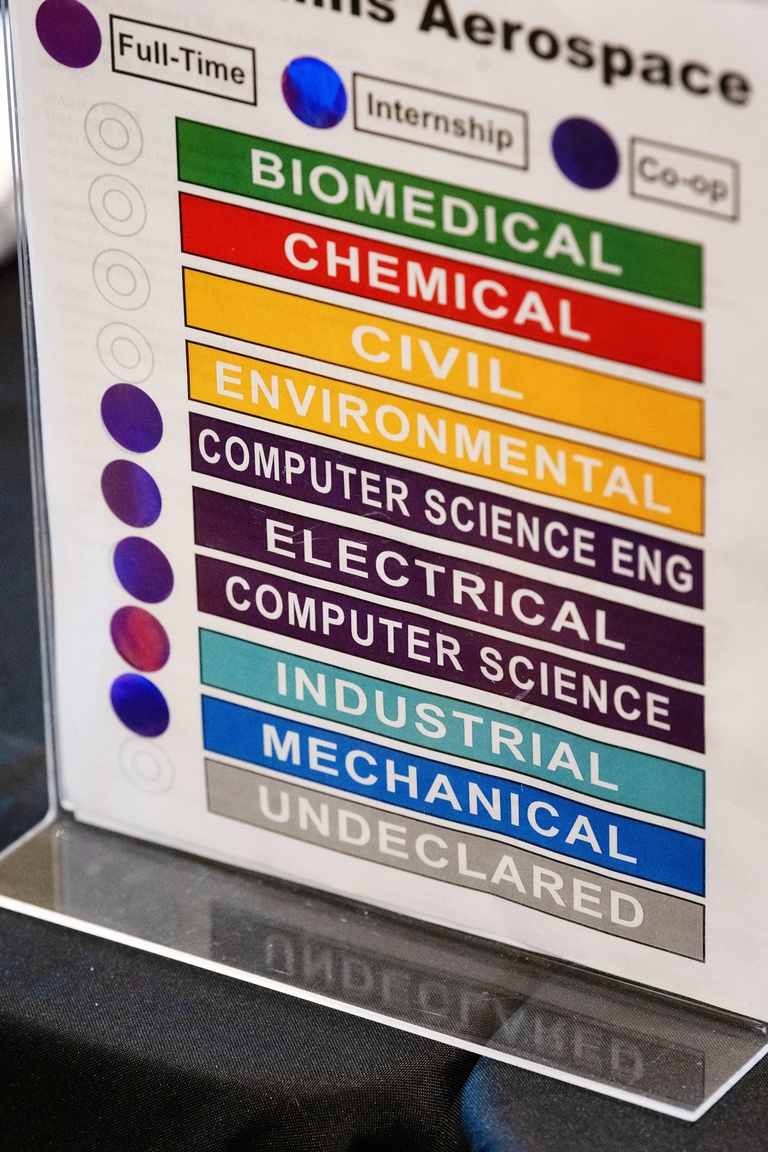Main navigation
Transportation Infrastructure at Iowa
The MS and PhD programs in Transportation Infrastructure (TI) are designed for those graduate students interested in developing specialized knowledge and skills that can be applied to the diverse set of issues associated with transportation infrastructure systems. In the U.S. and other countries as well, TI is emerging as an area urgently needing the combined attention of universities, government, and private industry. The TI research focus and graduate curriculum are geared toward developing appropriate methodologies for effectively solving complex and broad issues related to transportation infrastructure, and also, to educate engineers to implement the developed methodologies in practice.
The TI faculty's collective areas of broad expertise are traffic simulation, infrastructure management system, pavement engineering, advanced construction materials, dynamic load and pavement simulation, intelligent sensors, nondestructive testing, optimal design, and winter highway maintenance. The TI faculty and graduate students have access to Civil and Environmental laboratories, temperature-controlled testing facilities, laser and holographic laboratory, high-performance computing and graphics hardware, infrastructure management software, and civil materials laboratory. Opportunities for TI graduate students to participate in faculty-led research exist at the following research centers and laboratories: Public Policy Center, Iowa Technology Institute, Driving Research Safety Institute, Electron Microscopy Center, and the Image Analysis Facility.
Admissions Requirements
A number of factors are considered for admission to the Graduate program including undergraduate and/or graduate grade point averages, quality of undergraduate and/or graduate course work, work experience, recommendation letters, professional training, and TOEFL scores where applicable. A minimum TOEFL score of 81 for the internet-based exam is required for international applicants.
Students who do not have an undergraduate B.S. degree in civil engineering but who have adequate training in mathematics or science may be admitted for graduate study in the Department of Civil and Environmental Engineering for those without a math or science background, certain undergraduate courses may need to be taken without graduate credit.
Master's Degree
Prospective MS students must hold a bachelor's degree or its equivalent from an accredited institution with preparation appropriate to advanced study in the proposed major field.
A minimum undergraduate grade point average of 3.0 is required for admission. The grade point average is computed on the basis of undergraduate and graduate work if the student has less than 12 graduate hours, or on the basis of graduate work only, if the student has completed 12 or more graduate hours.
Doctoral Degree
Admission to a doctoral program normally requires the completion of a Master's degree or equivalent, with a 3.0 minimum grade point average on completed graduate work. A Master's degree with thesis is desirable.
Transportation Infrastructure Degree Requirements

Master's Degree
The master's thesis program requires a minimum of 30 semester hours of course work and research (31 semester hours for nonthesis). A student may elect to pursue the master's program with or without thesis. Up to 5 semester hours of research credit is granted for Thesis. Special requirements for particular program options are given in the Appendices. All candidates for the degree are required to have a minimum grade point average of 3.0 for graduation and to pass a final examination at the end of his/her course work.
Final Examination (thesis option only): This examination consists of a written examination and/or oral examination by a committee of at least 3 faculty members (selected by the student's advisor in consultation with the student). The written examination is based primarily on course work including fundamental prerequisite material. The oral examination includes questions on fundamentals designed to test the student's reasoning ability and it also includes presentation and defense of Thesis if this option is elected. For students wishing to continue their studies for the Ph.D. degree, this final examination may also serve as the Ph.D. qualifying examination, as decided by the examination committee.
Doctoral Degree
Typically, the Ph.D. program requires a minimum of 72 hours of credit (including no more than 18 semester hours of credit for the dissertation) beyond the baccalaureate degree. All candidates for the degree are required to have a minimum grade point average of 3.0 on completed graduate work, and to pass comprehensive and final examinations. The written portion of the comprehensive examination is generally scheduled only once in each semester.
Examinations
Qualifying: A qualifying examination is required for students. This examination is intended to test the student's preparation at the MS level and to determine the student's ability to complete successfully the proposed Ph.D. program. The student is required to take the qualifying examination within the first two semesters he/she is enrolled as a Ph.D. student.
Comprehensive: This examination consists of a written examination followed by an oral examination by a committee of at least 5 faculty members (selected in accordance with Graduate College requirements by the student's advisor in consultation with the student). This examination will include material from all phases of the student's program. A proposal for the dissertation may be presented in the oral examination. When a proposal is presented, this may be accepted as equivalent to the written examination, as decided by the committee.
Final: This examination is primarily concerned with the defense of the dissertation, and it is to be taken upon the completion of the dissertation. One member of the committee must be a member of the graduate faculty from outside the Department of Civil and Environmental Engineering
Transportation Infrastructure Curriculum
PhD (72 SH)
14 classes = 4 Core + 1 communication + 1 semester hour ethics seminar + 9 electives = 43 SH
Research = 29 SH
MS Thesis (30 SH)
8 classes = 4 Core + 1 communication + 1 semester hour ethics seminar + 3 electives = 25 SH
Research = 5 SH
MS Non-Thesis (31 SH)
10 classes = 5 Core + 1 semester hour ethics seminar + 5 electives = 31 SH
Core Classes
- Informatics for Sustainable Systems CEE:5310
- Pavement Engineering CEE:4560
- Application Simulation to Transportation CEE:5678
- Transportation Infrastructure Construction and Management CEE:4730
- Statistical Methods and Computing STAT:4200 or Mathematical Statistics I STAT:4100
Electives
- Design of Transportation Systems CEE:4762
- Traffic Engineering CEE:4763
- Introduction to Bridge Engineering CEE:4160
- Transportation Demand Analysis CEE:4176
- Resilient Infrastructure Emerg Response CEE:3790
- Fracture Mechanics CEE:5549
- Econometrics ECON:5800
- Applied Econometrics ECON:5810
- Scn Electrn Microscopy & Xray Microanaly CBE:4156
- Digital Image Processing ECE:5480
- Database Systems CS:4400
- Mobile Computing CS:4630
- Unmanned Aircraft Systems IE:6480
- Linear Programming IE:6600
- An approved graduate course in other departments
Required Courses & Seminars
- Technical Communication Course (CEE:5225, CEE:6225 or other approved 3 SH course). Approved courses include Public Speaking for Academics (RHET 7940), Science Communication in the Digital Age (RHET:7500); Writing in the Disciplines (RHET 7930). Others will be considered and should be submitted to the CEE Director of Graduate Studies for approval. Not required for MS non-thesis.
- Engineering Ethics Seminar (ENGR:7270 – 1 SH). First fall semester only. .
- SMM and TI Seminar (CEE:5098). Required every semester.



